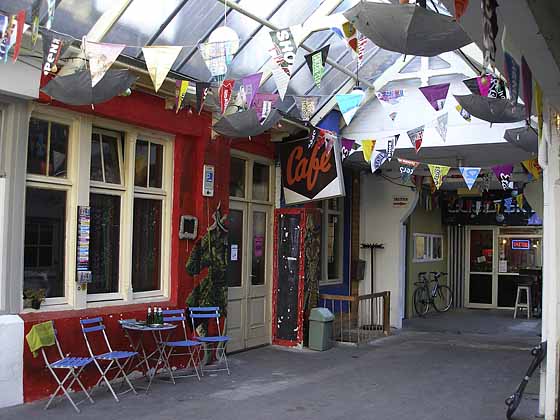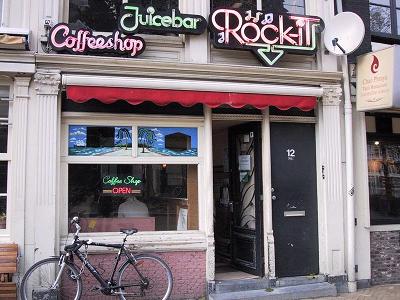Simon Jenkins says what I’ve been saying for a while now: countries like Britain do not need armies anymore:
Six months ago I proposed in the Guardian that if Britain was short of money it should cut defence. I did not mean reduce defence, or trim defence. I meant cut it altogether. We are desperately short of money and absolutely no one is threatening to attack us now or in the foreseeable, indeed conceivable, future. Besides, as we have seen this past week, other ways of ensuring security make more pressing claims on us. We just do not need an army, navy or air force. So why are we paying £45bn for them?
[…]
The argument can take amazing forms. Come now, say the high priests. Just suppose another Hitler rose again, built a new Luftwaffe and U-boats, and bombed London and sank all our coastal trade. We would need a carrier. Suppose Russia falls under the sway of an oligarch with a grudge against Harrods and a business rival in Kensington Palace Gardens. Suppose he decides to nuke them. Supposed 100 suicide bombers block-booked themselves on Eurostar and went to every Premier League match. You would look pretty silly, Jenkins, wouldn’t you?
I would look pretty silly, and probably I wouldn’t be the only one. But for the time being, I regard such unrealities used to justify massive spending as no less silly. We can only meet realistic threats. We do not build 1,000 NHS hospitals and leave them to await the return of bubonic plague.
If Britain does not need an army nor cannot actually afford one, what about Holland? We’re spending about eight billion euros a year on “defence”, yet still had to cannibalise our army, sell off equipment that had barely entered service just to pay for our “missions” in Iraq and Afghanistan, fighting people that had never threatened nor harmed us. That we could do, but against a real enemy our army is just too small to be a credible defence and anyway, who is going to attack us anyway, Belgium?


